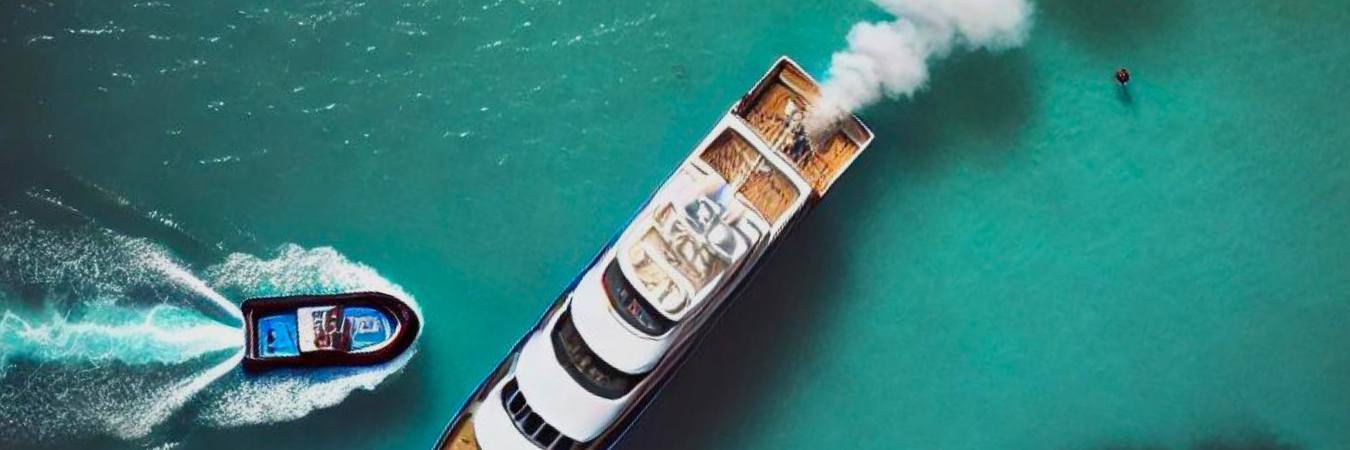The Bahamas (Northern Region)
Turks and Caicos
Amsterdam
Cyprus
Cayman Islands
Jamaica
Barbados
British Virgin Islands

October 02 2024
Few things can be more traumatic than losing a loved one in a fatal accident caused by someone else. But if the accident happened abroad and you have not yet received the compensation you’ve been awarded – the distress can be prolonged. The award-winning injury and fatal accident lawyers at ParrisWhittaker in the Bahamas are experienced in successfully enforcing fatal accident awards.
In the Bahamas, the close relatives and dependents of a person killed in an accident can claim personal injury compensation and bereavement damages in certain circumstances (Fatal Accidents Act 1976). Most other countries have similar rules allowing the relatives of the victims of fatal accidents to claim compensation.
If your loved one died overseas you may have had to pursue fatal accident compensation in that jurisdiction; and problems can arise if there is a delay in receiving the compensation awarded.
The order of a foreign court (or consent order, if you have agreed to a compensation settlement) will normally set out the time scale in which the compensation must be paid.
However, a foreign judgment has no direct force beyond that jurisdiction. This means problems may arise in actually securing payment of the compensation owed. You may be worried about how you can force the other party, in another country, to pay your compensation so that you and your family can move on with your life.
Fortunately, the fact you have won your claim in another jurisdiction should not prevent you from actually receiving the compensation.
In most cases, we can take steps to enforce foreign judgments for fatal accident compensation. We are not concerned with why the other side is not paying – our priority is to recover your compensation without further delays.
While there are currently no international conventions to which the Bahamas is party in respect of enforcing foreign judgments, the Supreme Court can formally recognise the judgment or order under the Reciprocal Enforcement of Judgments Act 1924 (REJA).
The REJA applies to civil judgments, awards, and orders in any civil proceedings in certain countries and the Bahamas. It enables us to take enforcement action where the judgment is from the UK courts, or the courts in Barbados, Bermuda, Jamaica, Leeward Islands, St. Lucia, Trinidad, British Guiana, British Honduras, and Australia.
Judgments elsewhere: If you have a court judgment from a country not covered by the above rules, we would need to start a new fatal accident compensation claim on your behalf.
However, to rely on the REJA, the judgment must be less than 12 months old. Also, the Supreme Court has discretion over whether it is just and convenient to have it enforced in the Bahamas. Note that a foreign judgment or order will not be registered if, for example, it was obtained by fraud, it is against public policy, or the foreign court had no jurisdiction to act as it did.
Assuming your judgment or consent order is recognised, it can then be registered and enforced in the Bahamas. Importantly:
Once the judgment is registered, there is then a 6-year time limit in which we can take further steps to enforce it. In practice, it will be in your interests to start the process of enforcing the judgment as soon as possible.
We know the process of recovering fatal accident compensation following a loved one’s death is difficult and distressing. We take robust and prompt steps to enforce a foreign judgment if payment of compensation is not forthcoming.
For specialist assistance, contact the experienced fatal accident solicitors at ParrisWhittaker in the Bahamas and the surrounding region as early as possible. You can contact us at +1.242.352.6112
CLOSE X
